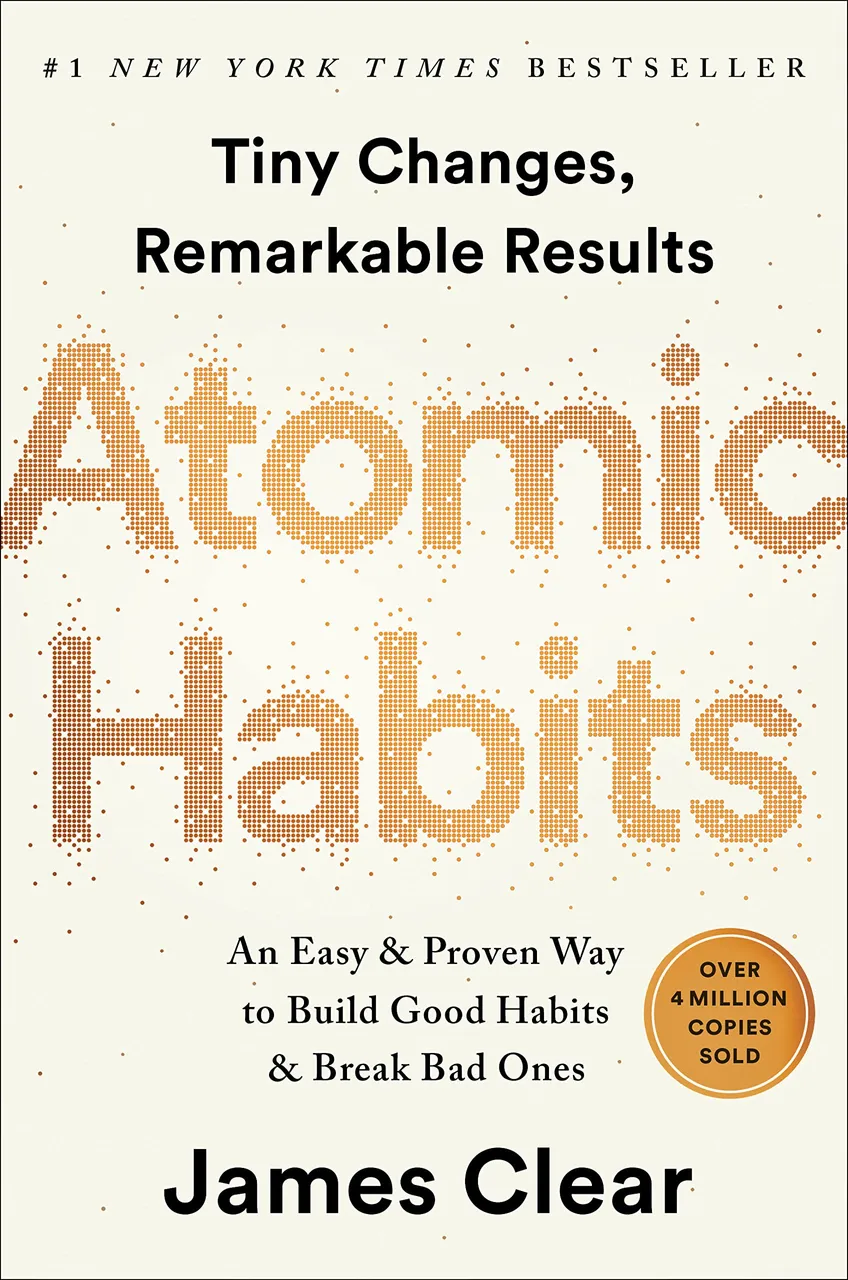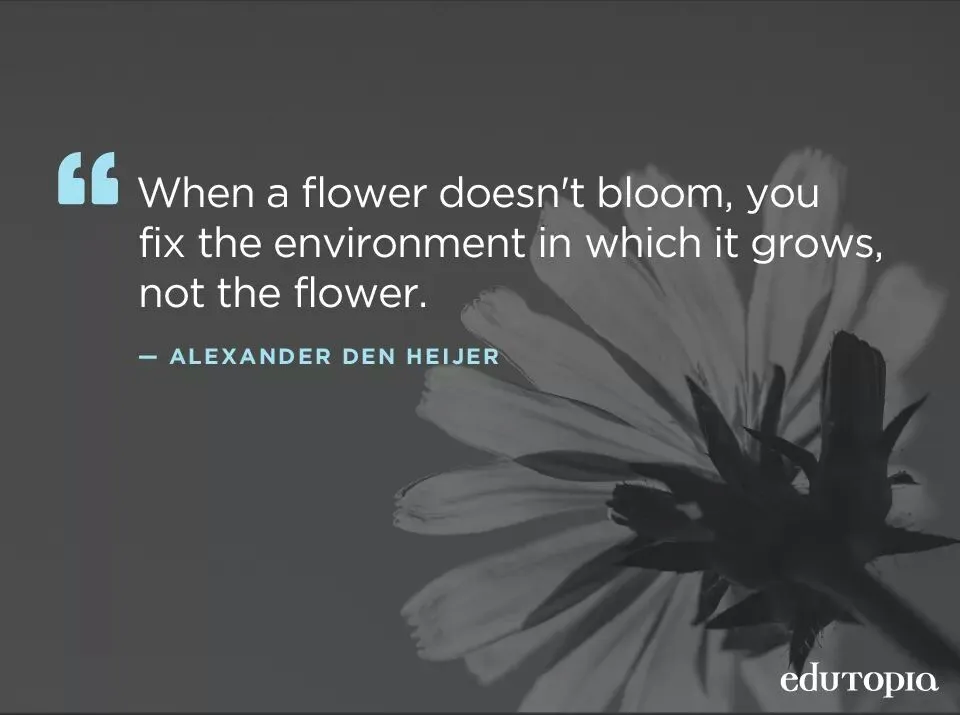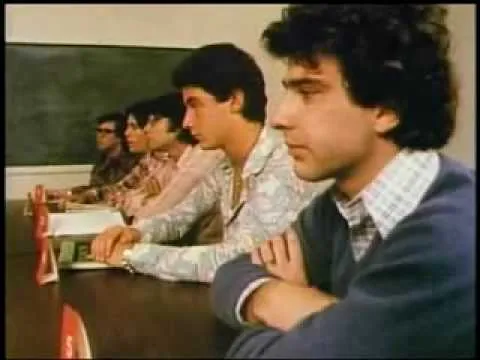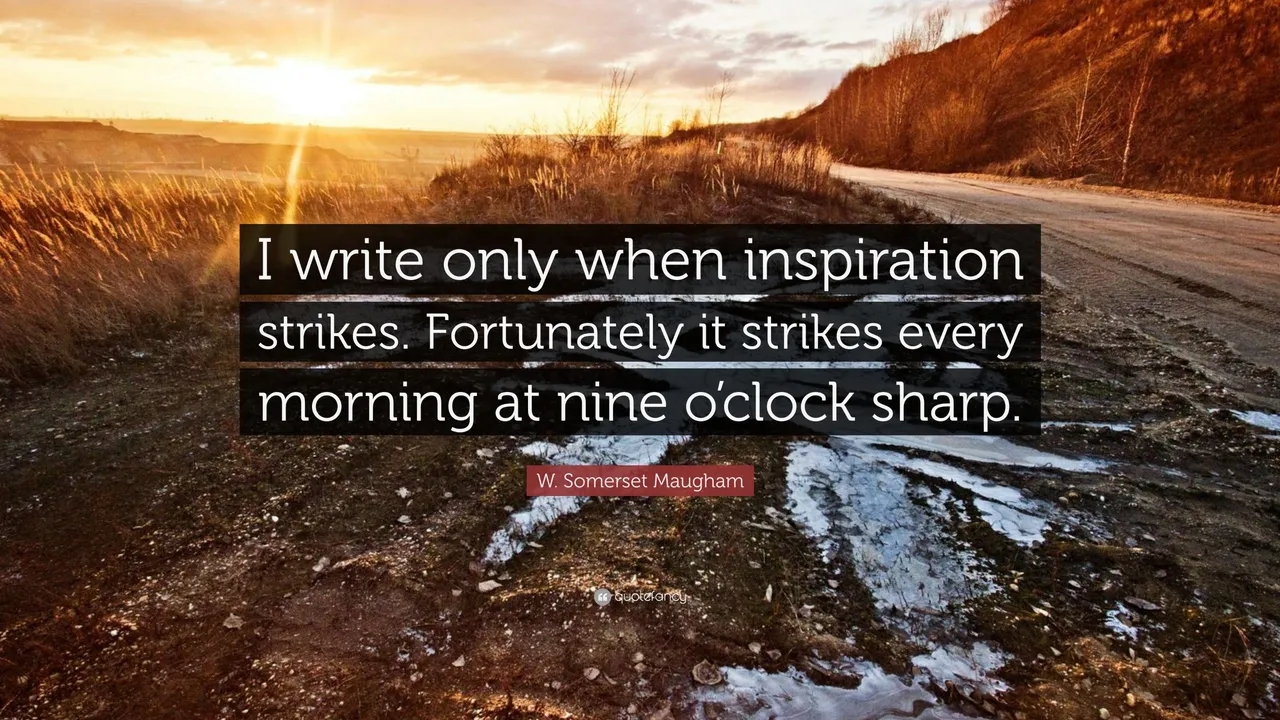"An Easy & Proven Way to Build Good Habits & Break Bad Ones"
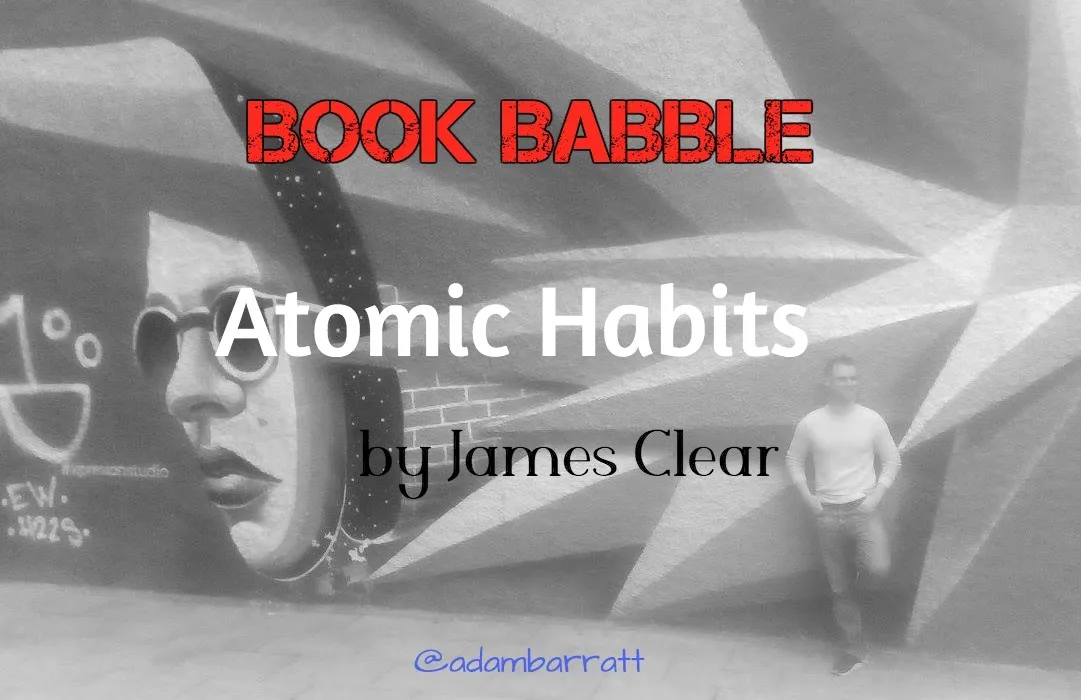
Hello and welcome to another season of Book Babbles. What’s this? Well, I take a look at a few classic books, dissect their merits and pick out some highlights. You can see more in this post, but for today we take on some Atomic Habits!
This is one of those books that if you really get the concepts and apply them, then they’ll change your life. Perhaps slowly (that’s the point) but things will happen over time. This is nothing new in some ways, and we’re often applying these small habits in one way or another (good or bad) all the time, and it’s shaping our life as a whole.
It’s not about grand plans and massive actions. Yes, they can have their place but it’s what we do on a small and daily level that has the most impact over time.
And this book delves into all that and more. Much in the vein of The Power of Habit and another called The Slight Edge, this book covers a lot of that sort of ground with a twist and its own style.
James Clear I’m only really aware of as the author of this book but he is a writer and speaker of this material and this is his main work condensing that down for mass consumption. You can check out his website for more.
Some great quotes from the book, followed by my additional thoughts…
changes that seem small and unimportant at first will compound into remarkable results if you’re willing to stick with them for years.
This is the core of the book. Some changes and actions are tiny and seemingly inconsequential, but added up over time and make a huge difference. Compounding isn’t just financial, it’s a concept that applies to everything, especially your own development.
The backbone of this book is my four-step model of habits—cue, craving, response, and reward—and the four laws of behavior change that evolve out of these steps.
This is the key structure the author delves into. That four step ritual of our habits and the changes that come from them.
British Cycling
He uses the example of British Cycling. The Brits were fairly poor for many years and then burst into success over the course of a few years and are still enjoying more today.
What happened? The new coach at the time looked at things at a more specific level. No stone unturned. Minor changes to the bikes, clothing, fitness regimes etc which on their own may not seem like much but every small action has a consequence and even shaving a few hundredths off a time or an athlete feeling slightly better has consequences. These all added together over a period of time transferred to success on the track.
Success is the product of daily habits—not once-in-a-lifetime transformations.
It was Aristotle who said, “We are what we repeatedly do. Excellence, then, is not an act, but a habit.” It’s not so much about the big acts but those small things over time.
You should be far more concerned with your current trajectory than with your current results.
Where are you heading? It’s not about where you are per se. Yes, you do have to look around and take stock, but it’s the decisions you were making, and actions you were taking in the months and years preceding this moment, that put you in your current position.
What you’re doing right now and over the coming days and months determines where you’ll be in the years to come. So which way is the trend heading?
Your outcomes are a lagging measure of your habits.
As above. You will see the results develop over a period of time.
Time magnifies the margin between success and failure. It will multiply whatever you feed it. Good habits make time your ally. Bad habits make time your enemy.
Bamboo can barely be seen for the first five years as it builds extensive root systems underground before exploding ninety feet into the air within six weeks.
I love this whole bamboo analogy, one of my fave personal development concepts. Like the iceberg, you really can’t see the majority of what’s going on. It’s building and building underneath but there’s no outward evidence… yet. It has to lay the foundations first.
Then, when it does finally break through (like you) progress can be fast and vast. Most give up before seeing the first sprouts, but if we can hang on then there could well be an explosion to come!
In the early and middle stages of any quest, there is often a Valley of Disappointment.
You’ll hit that trough where it appears the endeavour isn’t working. You may start well and see results, but then the inevitable dip occurs. That is what we need to be aware of and continue on regardless. Once past that, then the real fruits of our labour can begin to show.
The seed of every habit is a single, tiny decision.
Self explanatory, but these small decisions are what make the difference and what determines our continued actions.
Forget about goals, focus on systems instead
Goals are about the results you want to achieve. Systems are about the processes that lead to those results. Goals are great for setting a direction, but systems are best for making progress.
You don’t rise to the level of your goals. You fall to the level of your systems.
Atomic Habits—a regular practice or routine that is not only small and easy to do, but also the source of incredible power; a component of the system of compound growth.
And that is what an ‘atomic’ habit is - small, easy, inconsequential to a degree but the power lies in its simplicity. Then our good friend compound interest (along with habit stacking) takes over.
Outcomes are about what you get. Processes are about what you do. Identity is about what you believe.
The ultimate form of intrinsic motivation is when a habit becomes part of your identity. It’s one thing to say I’m the type of person who wants this; it’s something very different to say I’m the type of person who is this.
When your behaviour and your identity are fully aligned, you are no longer pursuing behaviour change. You are simply acting like the type of person you already believe yourself to be.
Your goal is simply to win the majority of the time.
You can’t win all of the time, nor should you expect to. But if you’re doing the right things most of the time you should ‘win’ overall. You’ll be heading in the right direction and making progress anyway.
It is a simple two-step process: Decide the type of person you want to be. Prove it to yourself with small wins.
The focus should always be on becoming that type of person, not getting a particular outcome (the outcomes come later and follow your identity). What better way than to prove it with small but visible markers of success.
The conscious mind is the bottleneck of the brain. It can only pay attention to one problem at a time. As a result, your brain is always working to preserve your conscious attention for whatever task is most essential. Whenever possible, the conscious mind likes to pawn off tasks to the nonconscious mind to do automatically.
Most of our activities are on autopilot. This goes for good and bad habits or routines, so we need to be aware and direct those attentions accordingly.
The process of building a habit can be divided into four simple steps: cue, craving, response, and reward.
This is the nitty-gritty of the book. Similar process to the Power of Habit (I haven’t read that one) but an extra step and more detail. The book delves into the specifics, so I won’t dive into that now. But without the first three steps, a behaviour will not occur. Without all four, a behaviour will not be repeated.
All behaviour is driven by the desire to solve a problem.
The Four Laws of Behaviour Change
More of the mechanics expanded on below…
The 1st law (Cue) Make it obvious. The 2nd law (Craving) Make it attractive. The 3rd law (Response) Make it easy. The 4th law (Reward) Make it satisfying.
Inversion of the 1st law (Cue) Make it invisible. Inversion of the 2nd law (Craving) Make it unattractive. Inversion of the 3rd law (Response) Make it difficult. Inversion of the 4th law (Reward) Make it unsatisfying.
Those last 2 quotes speak for themselves and are of course discussed further in the book.
This process, known as Pointing-and-Calling, is a safety system designed to reduce mistakes.
This is a method used in Japan for safety on the railways. This is literally what it is, pointing and saying what they see out loud, almost in an over the top type way, to engage all their senses and be thorough and focused in their observations. It decreases mistakes and increases awareness.
It’s a bit like tapping your pockets on the way out the house and physically checking and saying what you’ve got and what you’re doing (whilst your other half looks at you like you’re unhinged). Seems a bit OCD but it works!
The two most common cues are time and location
Where you are, who you’re with, what you’re doing, and when. This creates that trigger.
Many people think they lack motivation when what they really lack is clarity.
Motivation is somewhat overrated and may not be the real issue anyway. A lack of clarity stifles any progress as you simply don’t know what to do as you’re unsure what your outcome is. So more clarity helps with focus and actually getting things done.
Habit stacking
Piling one on top of the other, creating super habits which all adds to the upward trend.
Approximately nine out of ten soldiers who used heroin in Vietnam eliminated their addiction nearly overnight.
This is where we get into environment and what’s around you. The situation these soldiers found themselves in, the ease which they could get and use drugs and all the people around them doing the same means they did so at that time. However, all of that was removed when they returned home so most (of course not all) simply walked away from it.
we become a product of the environment that we live in. To put it bluntly, I have never seen someone consistently stick to positive habits in a negative environment.
Self-control is a short-term strategy, not a long-term one.
It’s one aspect, like willpower. That only works to a degree and is limited. We need to go deeper.
Make the cues of your good habits obvious and the cues of your bad habits invisible.
Makes sense. The easier/harder you make something, the more likely you are to do something or not.
Dopamine is released not only when you experience pleasure, but also when you anticipate it.
The build up and anticipation of an event is strong and the author talks about experiments with mice in this section.
We imitate the habits of three groups in particular: The close. The many. The powerful.
Nothing sustains motivation better than belonging to the tribe. Be aware of the 3 beasts above and adjust them to taste.
Solomon Asch in his famous social conformity experiments. The length of the line
This was a famous experiment on conformity.
When a chimpanzee learns an effective way to crack nuts open as a member of one group and then switches to a new group that uses a less effective strategy, it will avoid using the superior nut cracking method just to blend in with the rest of the chimps.
When changing your habits means challenging the tribe, change is unattractive. When changing your habits means fitting in with the tribe, change is very attractive.
The normal behaviour of the tribe often overpowers the desired behaviour of the individual.
Now, imagine changing just one word: You don’t “have” to. You “get” to.
A change of mindset - getting the opportunity to do something rather than trudging through it.
“How can we design a world where it’s easy to do what’s right?”
That would be to reduce the friction associated with good behaviours, and increase the friction associated with bad behaviours.
Researchers estimate that 40 to 50% of our actions on any given day are done out of habit, so it's about controlling the controllable.
The point is to master the habit of showing up. The truth is, a habit must be established before it can be improved.
First things first. Get something on the go, no matter how small, then you can simply increase it over time when it’s a set habit.
Victor Hugo
Victor collected all of his clothes and asked an assistant to lock them away in a large chest. A commitment device is a choice you make in the present that controls your actions in the future.
Jerry Seinfeld
Famously, Jerry put an X on his calendar each day he wrote a joke, and over time didn’t want to break that chain. Doing something daily and persisting.
The most effective form of motivation is progress
Progress is happiness. We always feel a little better when we have some sort of forward movement, no matter where we are. We feel bad when we’re stagnant or going backwards regardless of our starting point.
The breaking of a habit doesn’t matter if the reclaiming of it is fast
Too often, we fall into an all-or-nothing cycle with our habits. If we fall off the horse, get back on as quickly as possible!
As physician Gabor Mate notes, “Genes can predispose, but they don’t predetermine”
Genes are important and do set the trend, but they aren’t everything and they can be overcome to a degree. It’s the old nature and nurture debate, nature of course affects things (especially at the start) but when you grow up you have the ability to learn and adapt thus changing the game.
Boiling water will soften a potato but harden an egg. You can’t control whether you’re a potato or an egg, but you can decide to play a game where it’s better to be hard or soft.
Interesting quote, make of it what you will.
The Goldilocks Rule states that humans experience peak motivation when working on tasks that are right on the edge of their current abilities. Not too hard. Not too easy. Just right.
Talking about the flow state (see my BookBabble on Flow by Mihaly Csikszentmihalyi). Getting that right balance of not being too stressful on the one end, and not too boring on the other. Stretching us but not out of our grasp.
In psychology research this is known as the Yerkes–Dodson law, which describes the optimal level of arousal as the midpoint between boredom and anxiety.
The greatest threat to success is not failure but boredom
Learn to manage boredom. ‘Failure’ is simply a learning process (ie. what doesn’t work). Boredom is more akin to apathy.
Professionals stick to the schedule; amateurs let life get in the way
Get done what needs to be done.
Habits + Deliberate Practice = Mastery
This is the power equation. Habits we know about but there also needs to be practice of a particular thing. Not only that but it need to be deliberate, as in focused, on point and with feedback. I discuss this a little in the BookBabble So Good They Can't Ignore You by Cal Newport.
Annual Review
It’s always good to take stock every so often and assess where you are and where you’re going. Here he discusses doing an annual review, asking questions like, what went well this year? What didn’t go so well this year? What did I learn?
There is an ancient Greek parable known as the Sorites Paradox, which talks about the effect one small action can have when repeated enough times.
It’s been said many times and in many ways but always comes back to the same point.
Success is not a goal to reach or a finish line to cross. It is a system to improve, an endless process to refine
Reaching goals is one thing but it’s the processes and who you become that are the main things. It’s remarkable what you can build if you just don’t stop.
Friedrich Nietzsche, the German philosopher and poet, famously wrote, “He who has a why to live for can bear almost any how”
Find your why. If you have that central motivation (in the true, deep sense) then you can overcome all sorts of obstacles. I also happen to have written a BookBabble on this too by Simon Sinek.
Being curious is better than being smart
What is ‘smart’ anyway? Could mean different things to different people. Being curious leads you down rabbit holes and assesses the aspects along the way. It opens doors and encourages learning. One of the core tenets of the book How to Think Like Leonardo da Vinci.
With craving, we are dissatisfied but driven. Without craving, we are satisfied but lack ambition
It’s a balancing act. We need craving and to be a little unsatisfied in order to make change. It’s all very well being content but then we may lack the desire to do more. We want a nice healthy balance.
Seneca’s famous quote, “Being poor is not having too little, it is wanting more”
Gratitude. Being grateful for what we have but also keen to improve our lot (and that of those around us)
Feeling motivated gets you to act. Feeling successful gets you to repeat
It comes back to progress and seeing small (and sometimes large) markers of success. Sometimes we do need a kickstart of some kind, but we will be likely to continue if we like what we see and feel good about it.
Patrick O’Shaughnessy, who writes, “This is why knowledge compounds. Old stuff that was a 4/10 in value can become a 10/10, unlocked by another book in the future”
Everything increases over time and feeds into each other. Always worth a re-read of a good book from 5 years ago for example, as you now have 5 more years of other books and life experience. It will be different and be consumed through an updated lens.
“Missing once is an accident. Missing twice is the start of a new habit”
Mess up once by all means, that’s a mistake. But doing it again is a pattern of behaviour and the first day of a new habit. Brush it off but get back on track asap.
Thanks James! Anything else?
There were so many quotes highlighted in my kindle that I had to whittle them down a bit, that’ll tell you something. But at its core, it’s all very simple and could be summed up in a few sentences. Then again, we all know what we should do, it’s just a matter of doing it!
This is one of my top 3 books of 2019 (you’ll see the others in due course) and one of the best ones overall. It covers a lot of ground of what is a key part of all our lives and if we take it to heart and consciously apply the concepts, then we’ll see all kinds of positive developments when looking back.
Many talk about goals and working towards them. That’s fine. This is more about the goal of taking small, daily actions that will eventually lead you to a bigger goal and becoming a certain type of person in the process, if applied diligently and consistently.
It’s a question of focus, and controlling the controllable. You can’t really control outcomes as that’s out of your hands to a degree, but you can control the small things that you regularly do which will lead you down a particular path.
A great book, well written and would be in most people’s top 5 or 10 for this type of material.
Have you read it, and what did you think? And any recommendations for a good ol’ BookBabble?
Images and video linked to source. Main image my own.
Check out the others in the series…
- SHOE DOG - Phil Knight
- CRUSHING IT - Gary Vaynerchuk
- FINDING ULTRA - Rich Roll
- WOODEN - John Wooden
- RELENTLESS - Tim Grover
- ON WRITING - Stephen King
- START WITH WHY - Simon Sinek
- THE CHIMP PARADOX - Steve Peters
- ELON MUSK - Ashlee Vance
- WAY OF THE WOLF - Jordan Belfort
- THE SUBTLE ART… - Mark Manson
- GORILLA MINDSET - Mike Cernovich
- THE 10X RULE - Grant Cardone
- FLOW - Mihaly Csikszentmihalyi
- THE GO-GIVER - Bob Burg & John D. Mann
- BE OBSESSED OR BE AVERAGE - Grant Cardone
- NEVER SPLIT THE DIFFERENCE - Chris Voss
- IKIGAI - Héctor García & Francesc Miralles
- THE 5 SECOND RULE - Mel Robbins
- YOU ARE THE PLACEBO - Dr. Joe Dispenza
- DEEP WORK - Cal Newport
- CREATIVE MISCHIEF - Dave Trott
- THE E-MYTH REVISITED - Michael E. Gerber
- THE PERFECT DAY FORMULA - Craig Ballantyne
- SO GOOD THEY CAN'T IGNORE YOU - Cal Newport
- ATOMIC HABITS - James Clear
- OUTWITTING THE DEVIL - Napoleon Hill
- CAN'T HURT ME - David Goggins
- 50 MARATHONS IN 50 DAYS - Dean Karnazes
- GREENLIGHTS - Matthew McConaughey
- THE GLADIATOR MINDSET - Adam Peaty
- OPEN: AN AUTOBIOGRAPHY - Andre Agassi
- THE 1% RULE - Tommy Baker
- THE 5 LOVE LANGUAGES - Gary Chapman
- THE BRAIN THAT CHANGES ITSELF - Norman Doidge
- THE WAR OF ART - Steven Pressfield
- PREDICTABLY IRRATIONAL - Dan Ariely
- BORN TO RUN - Christopher McDougall
- THE ALMANACK OF NAVAL RAVIKANT - Eric Jorgenson
- ESSENTIALISM - Greg McKeown
- EAT & RUN - Scott Jurek
- THAT WILL NEVER WORK - Marc Randolph
- THE SECRET RACE - Tyler Hamilton
- 12 RULES FOR LIFE - Jordan Peterson
- THE GREATEST SALESMAN IN THE WORLD - Og Mandino
- THE MAGIC OF THINKING BIG - David Schwartz
- THINKING, FAST AND SLOW - Daniel Kahneman
- LETTING GO - David Hawkins
- MAN'S SEARCH FOR MEANING - Viktor Frankl
- NEVER FINISHED - David Goggins

